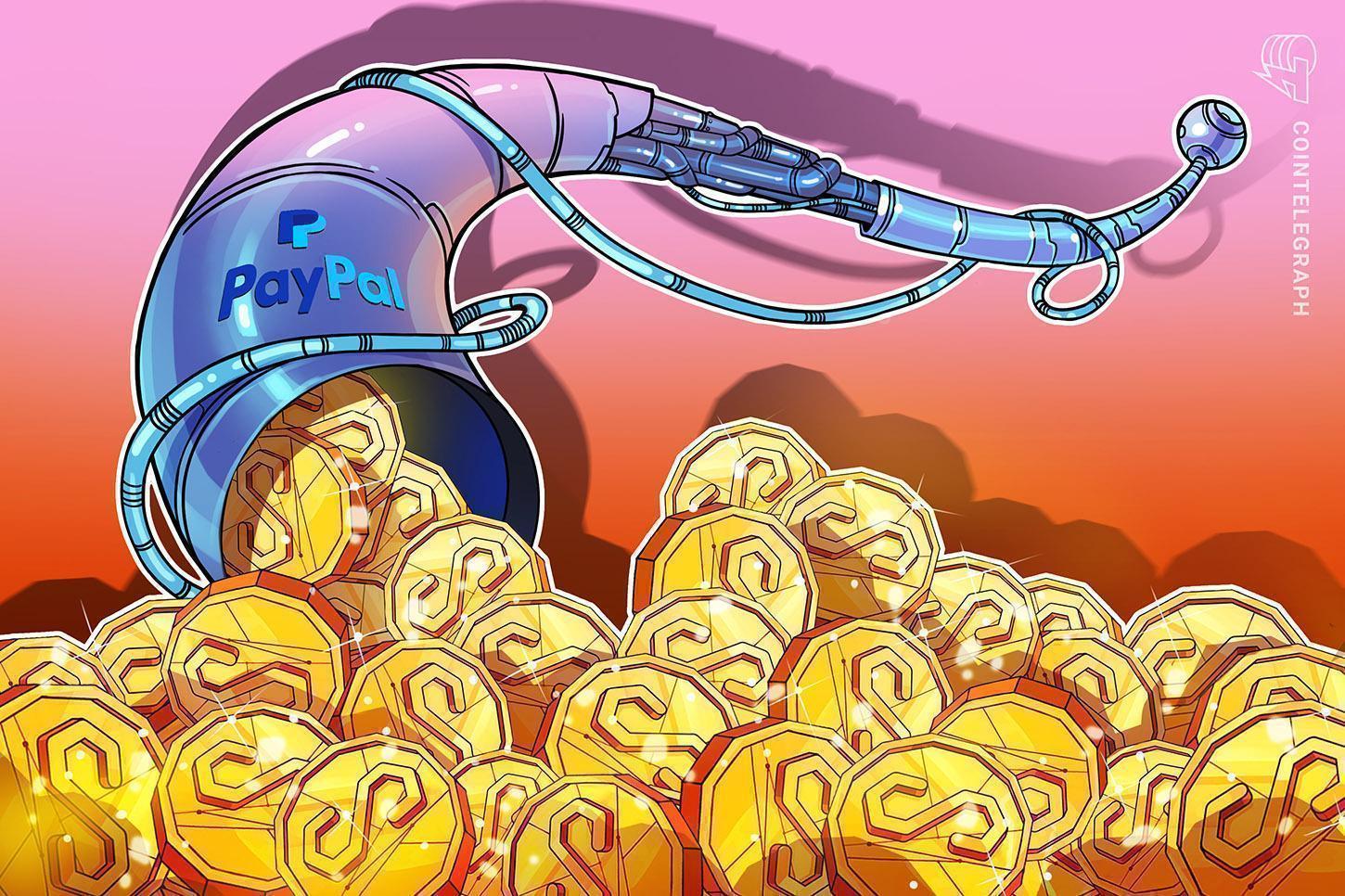Update (Sept. 25, 9:30 am UTC): This article has been updated to add comments by Stable co-CEO Brian Mehler.
Stable, an institutional-grade stablecoin blockchain backed by cryptocurrency exchange Bitfinex, is integrating a stablecoin built by major online payment platform PayPal.
PayPal Ventures has made a strategic investment in Stable to bring PayPal USD (PYUSD) stablecoin onto the Stablechain, according to an announcement by Stable on Monday.
“This work with Stable reflects our commitment to expanding PYUSD’s utility across multiple blockchain ecosystems and driving adoption,” PYUSD ecosystem head David Weber said, highlighting Stable’s focus on fast and seamless financial transactions.
The news came about two months after Stable emerged from stealth in late July, announcing a $28 million seed funding round co-led by Bitfinex and Hack VC.
Mainnet launch expected in Q4 2025
Stable is a layer-1 blockchain designed for seamless financial transactions, targeting peer-to-peer payments, remittances and cross-border transactions.
Following the launch in July, Stable is currently in a private testnet phase, which is limited to invited partners, Stable co-CEO Brian Mehler told Cointelegraph.
“This phase allows for rigorous testing and optimization before a broader launch, and as such, detailed metrics on transaction volumes and the presence of other stablecoins will become clearer as we launch our mainnet in Q4 this year,” he said.
Despite Stable’s mainnet launch being expected later this year, PayPal and PYUSD are available as a day one partner on Stable, Mehler noted. “Full details on integration and usage will be shared ahead of mainnet launch,” he added.
Stable is “designed for USDT”
The Stable project is closely connected to Tether USDt (USDT), the world’s largest stablecoin by market capitalization.
On its website, Stable describes its blockchain as being “designed for USDT,” delivering real-dollar settlement with “sub-second finality, gas-free peer transfers, and USDT as native gas.”
“Using USDT as the native gas token eliminates the complexity of managing volatile tokens just to move digital dollars,” Stable’s FAQ says.
In addition to USDT, Stable is also linked to USDT0 (USDT0), a cross-chain liquidity stablecoin introduced by Everdawn Labs, according to its X account bio and info on its website.
“The native gas token of Stable is an unwrapped version of USDT0, named gasUSDT, while USDT0 is the version most users will see and use for sending, receiving, and crosschain activity,” Mehler said. “In practice, people interact with USDT0, while the gas function runs quietly in the background.”
New commerce-related use cases for PYUSD
According to PayPal’s Weber, the partnership with Stable aims to unlock “new commerce-related use cases” for PYUSD.
Launched in collaboration with Paxos in August 2023, PYUSD has grown to become a notable player in the stablecoin stablecoin market, though it still trails far behind Tether’s USDT, with its $172 billion market cap.
Related: Changpeng Zhao’s YZi Labs deepens stake in stablecoin issuer Ethena
At the time of writing, PYUSD ranked as the 11th largest stablecoin by market cap, valued at around $1.4 billion, according to data from CoinGecko.
“We’re excited to invest in Stable because they’re tackling the real frontier for stablecoins, the emerging markets where reliable, dollar-based payments can have the greatest impact,” PayPal Ventures partner Amman Bhasin said.
PayPal did not immediately respond to Cointelegraph’s inquiry about its collaboration with Stable.
Magazine: 7 reasons why Bitcoin mining is a terrible business idea


